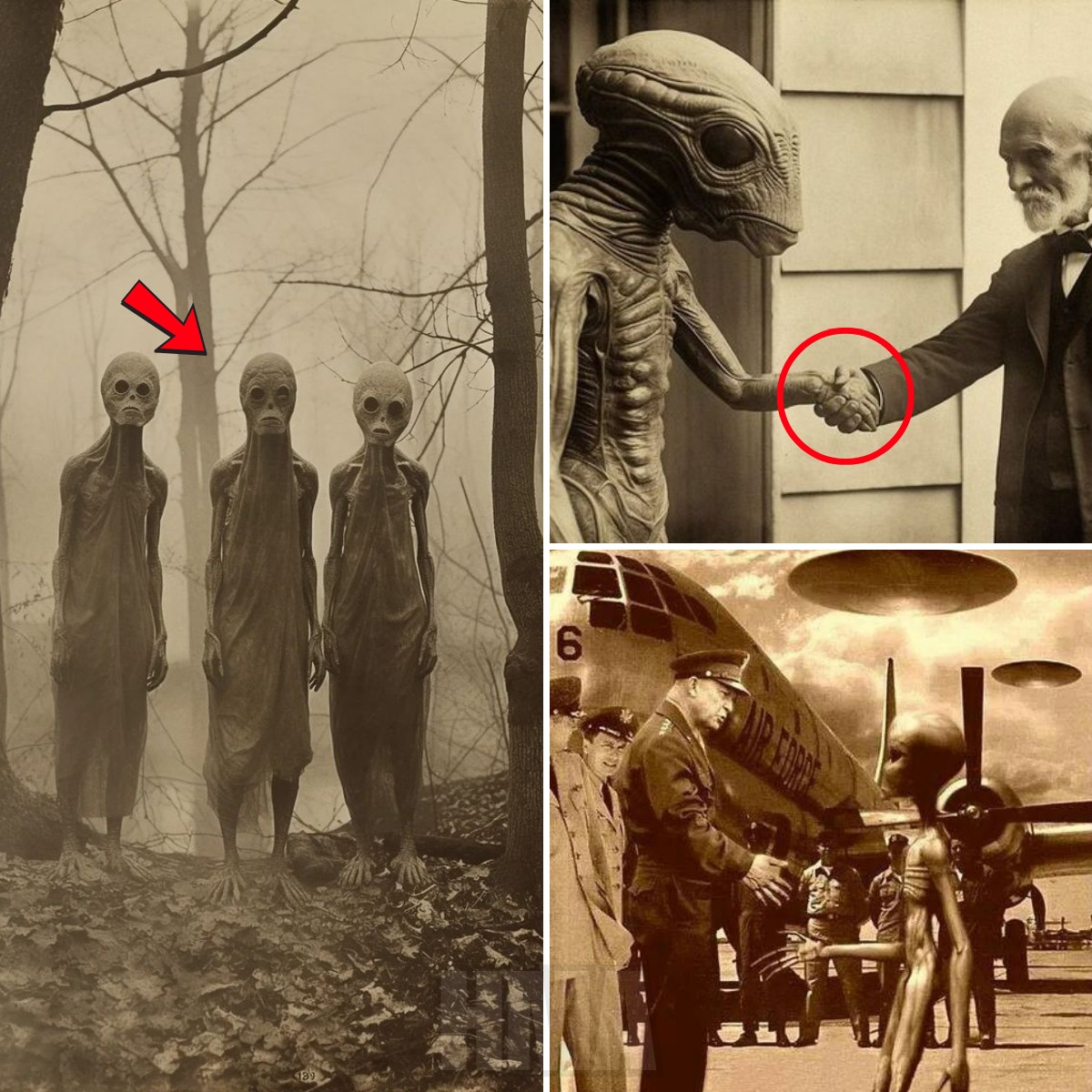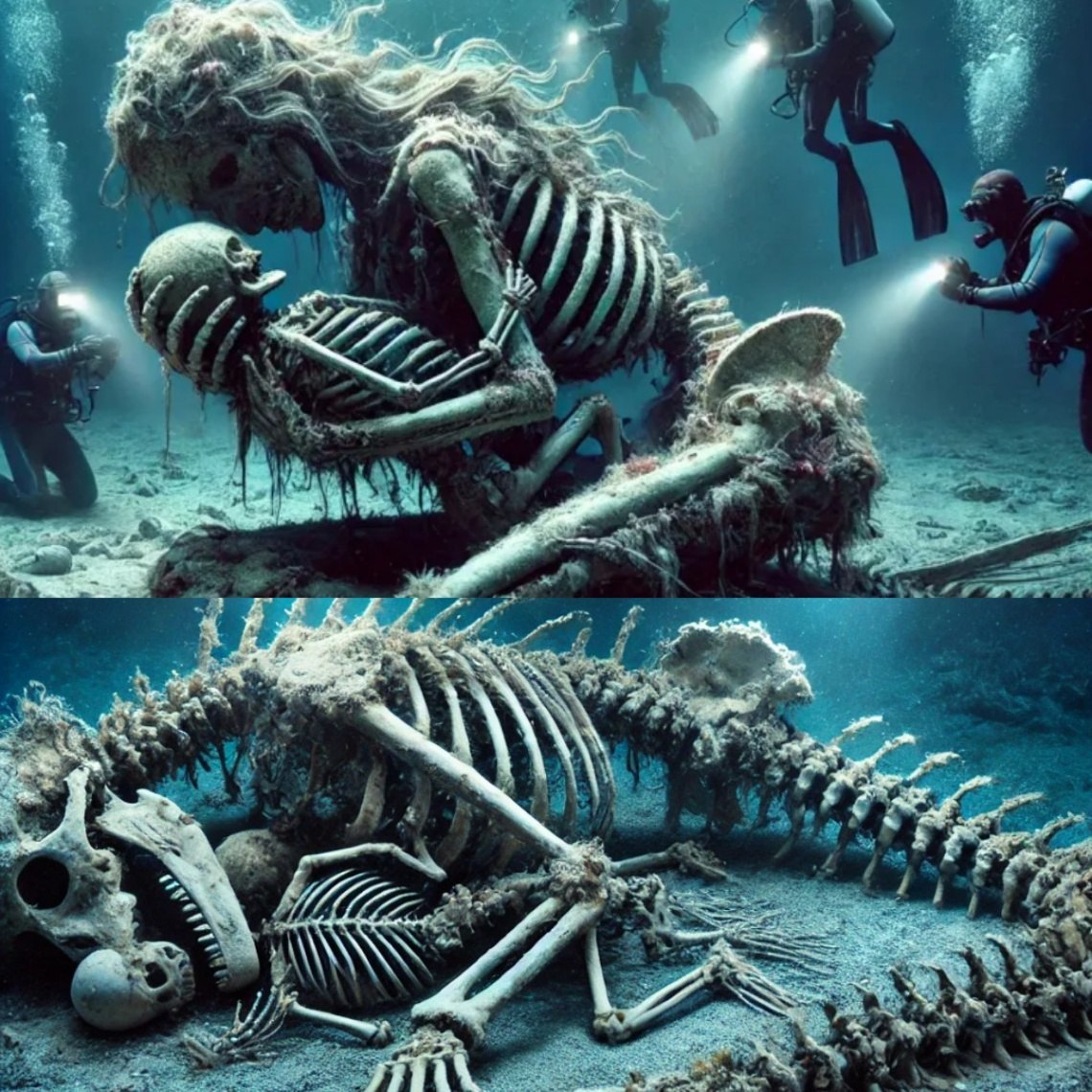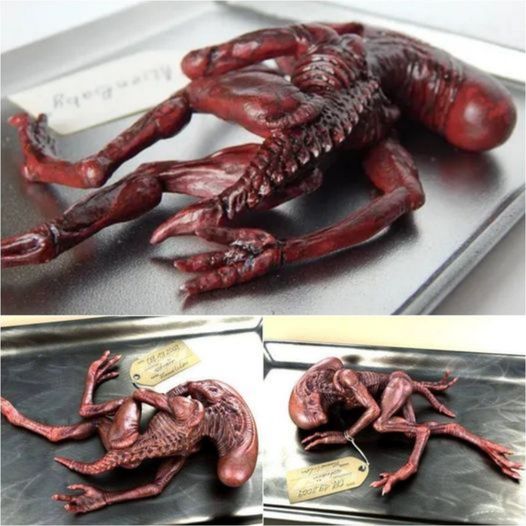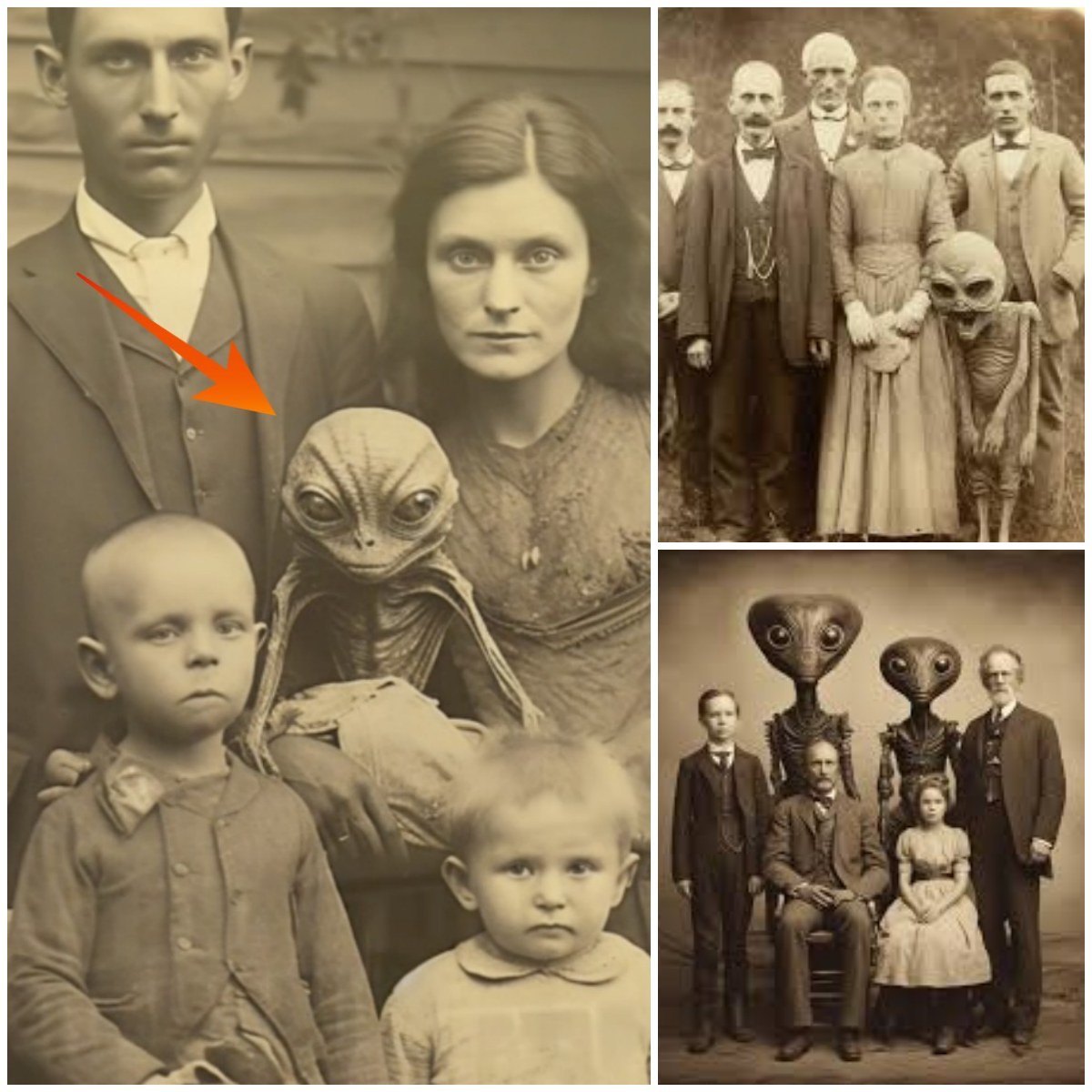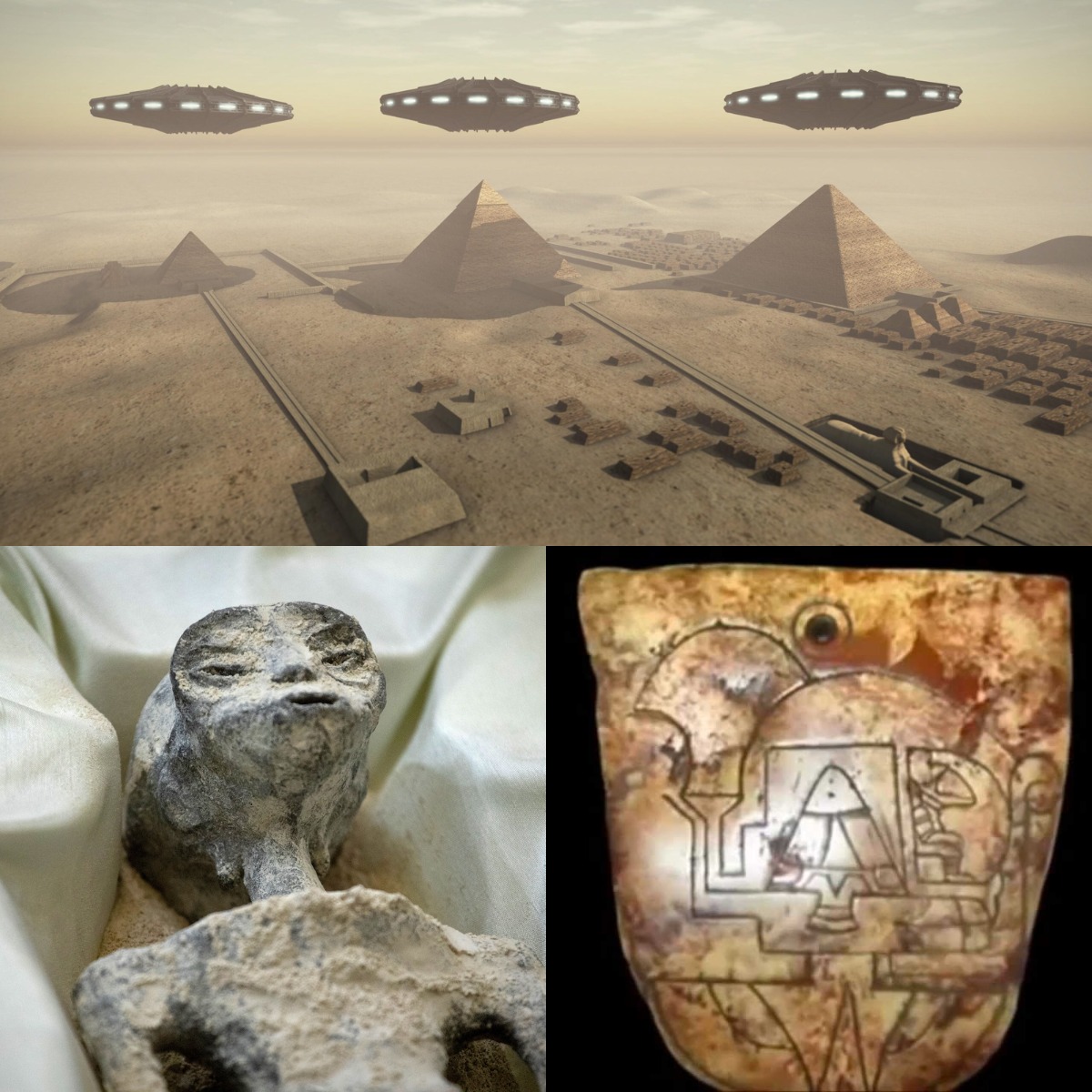Egypt’s Ministry of Antiquities reported a new discovery of several Greco-Roman era mummies near Minya in northeastern Egypt, 250 kilometers south of Cairo. The new discoveries occurred when police found two wooden sarcophagi floating along a village waterway in a pool of raw sewage.
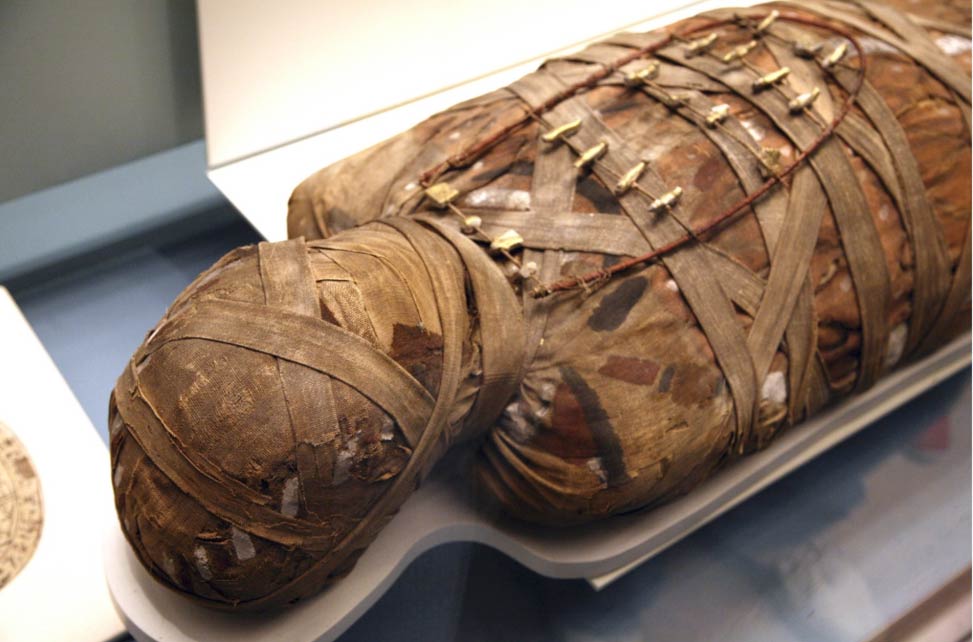


Polluted water is a persistent problem for the country’s archaeological treasures. But it’s a more serious challenge for millions of Egyptians, alive and long dead.
 Youssef Khalifa, the head of the Antiquities Sector, told CairoScene magazine that it’s likely the mummies were unearthed by villagers engaged in illegal excavations, then discarded in the cesspool (image above) to cover their tracks. Egypt imposes tight restrictions on excavations; in October 2014 authorities arrested seven people after an illegal dig in Giza uncovered the remains of an ancient temple. Neither risk of arrest nor filthy muck deterred these thieves.
Youssef Khalifa, the head of the Antiquities Sector, told CairoScene magazine that it’s likely the mummies were unearthed by villagers engaged in illegal excavations, then discarded in the cesspool (image above) to cover their tracks. Egypt imposes tight restrictions on excavations; in October 2014 authorities arrested seven people after an illegal dig in Giza uncovered the remains of an ancient temple. Neither risk of arrest nor filthy muck deterred these thieves.
Thick layers of linen swaddled the mummies, whose conditions were radically deteriorated by the surrounding waste. Only a few human remains could be identified, according to the ministry’s report.
Two sarcophagi colorfully painted with the images of women’s faces date back to around 332 BC to 395 AD, but the Ministry of Antiquities says little is left of the bodies. “Although the coffins were decorated with colorful designs, they were missing any ancient Egyptian inscriptions or hieroglyphics,” the ministry said in a statement. A third, empty sarcophagus was also found.
Restoration has been only mildly successful, according to Egypt’s Daily News. Eventually the mummies and sarcophagi will be displayed at Minya’s Hermopolis Museum.
Mummies are commonly found across Egypt. We recently reported on archaeologists from Utah’s Brigham Young University now digging in a cemetery estimated to hold over a million ancient Egyptians. It’s disturbing that villagers would drop these latest finds into a cesspool, despite understanding their historical significance. But urban Egypt’s plastic pollution and open sewage pools are perhaps more unsettling.
